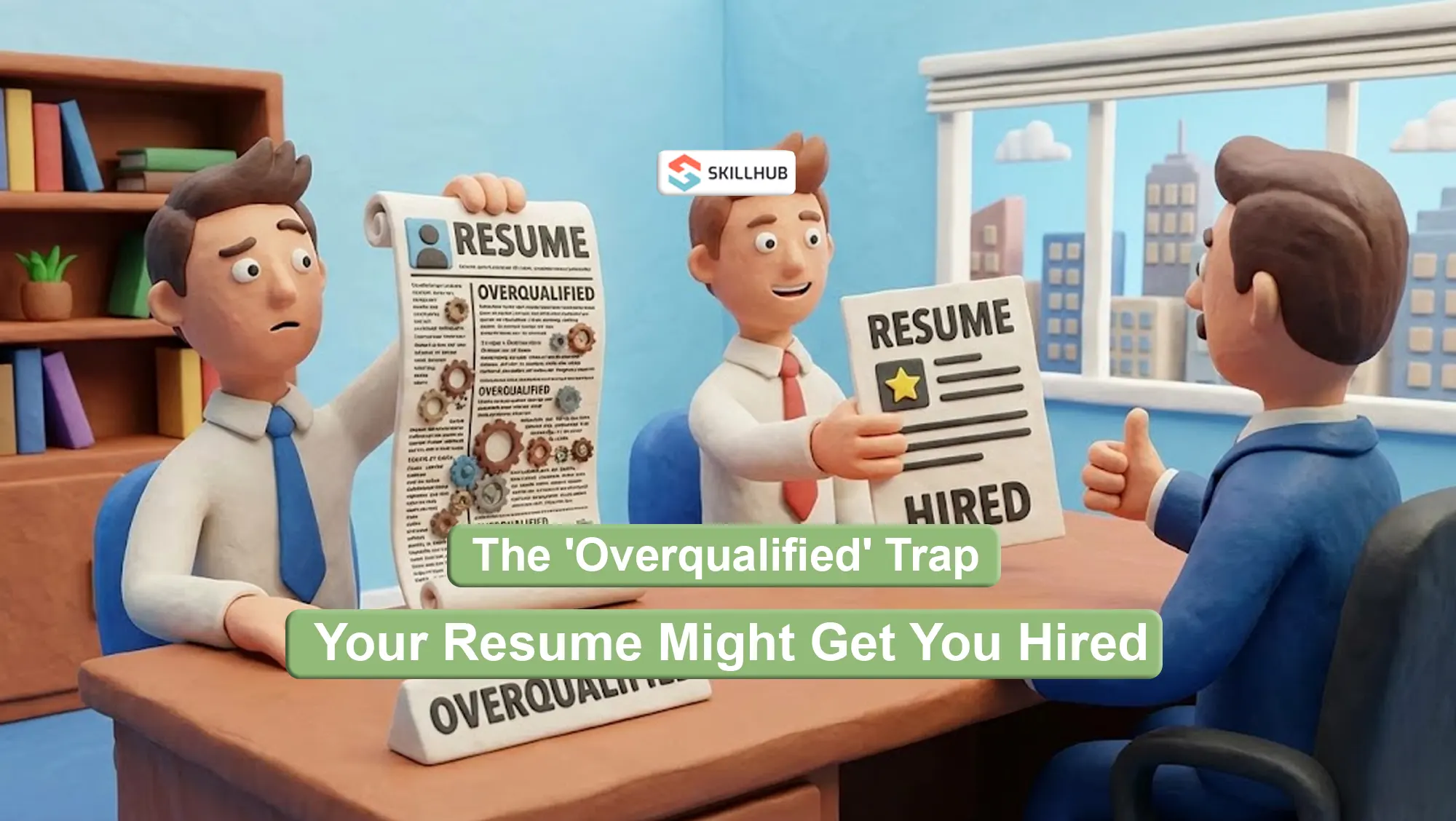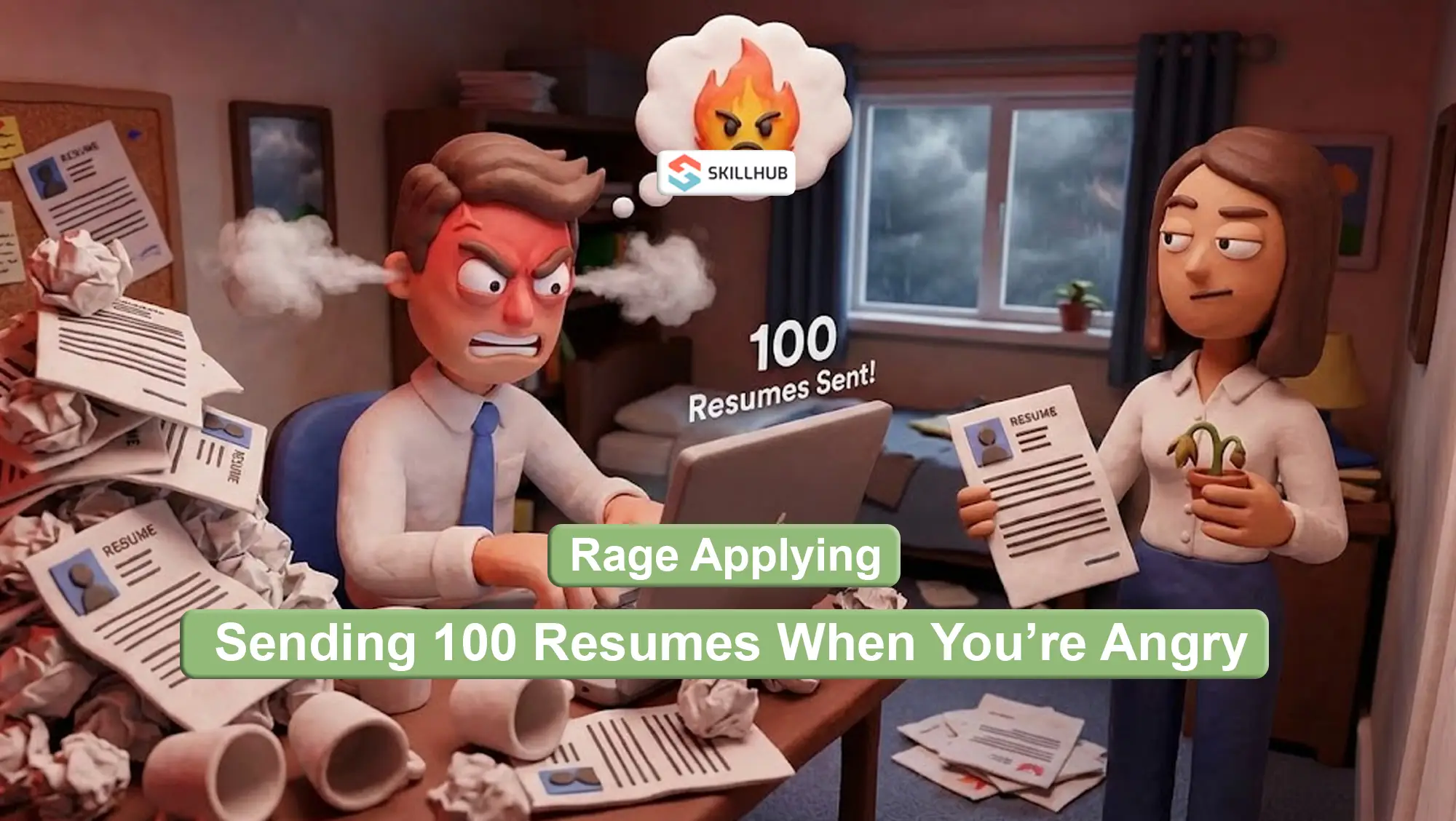Writing a Board of Directors CV: Focusing on Governance, Risk, and P&L Impact

The Board of Directors CV is not a resume. It is not a traditional job application. It must be understood, fundamentally, as a dossier of judgment, a formal testament to an individual's capacity for strategic oversight, fiduciary prudence, and unwavering ethical governance. This document is not submitted through online portals; it is circulated within the most exclusive echelons of the corporate world among nomination committees ("NomCos"), private equity partners, and incumbent board chairs, where the criteria for selection are punishingly high. A standard executive resume, even an excellent one, will fail here.
Where an executive resume details the execution of strategy, a Board CV must articulate the wisdom to guide it. The focus shifts entirely from operational command to strategic counsel, from day-to-day management to long-term risk mitigation. The audience for this document is not a hiring manager or an HR department; it is a council of peers who are legally and ethically bound to protect shareholder value. Your CV must prove, unequivocally, that you are qualified to join them in that solemn responsibility.
The Foundational Difference: From "Operator" to "Overseer"
The most critical error candidates make is submitting a slightly modified version of their C-level resume. This demonstrates a fundamental misunderstanding of the role. A board member's value is not in "doing"; it is in "guiding," "questioning," and "validating." Your document must reflect this profound shift. This is the classic "Nose In, Fingers Out" (NIFO) principle: a director must know the details (Nose In) but must not do the management's job (Fingers Out). Your CV must prove you understand this distinction. It diverges significantly from even a masterfully crafted management resume.
The Nomination Committee isn't hiring an employee; they are selecting a steward for the corporation's future. The Board CV must provide irrefutable evidence of a candidate's history of sound judgment, particularly in moments of high-stakes crisis, strategic ambiguity, or financial uncertainty.
This requires a complete teardown and reconstruction of your professional narrative, focusing on themes of governance, not just performance.
Key Structural Pillars of a Board-Ready CV
The architecture of a Board CV must be purpose-built to communicate governance capabilities. The sections are different, the language is more measured, and the emphasis is on collective, long-term impact.
1. The Board Profile: Your Governance Thesis
Instead of a standard career summary, your CV must open with a Board Profile. This concise, 5-7 line narrative immediately states your value proposition as a board member. It should clearly articulate your core governance philosophy and highlight 3-4 key areas of board-level expertise. This is far more strategic than a standard CV Personal Statement.
Bad Example (Standard Resume Summary):
"Results-driven COO with 20+ years of experience in scaling operations, managing logistics, and leading high-performance teams. Expert in Lean Six Sigma and P&L management."
Good Example (Board Profile):
"A seasoned public company director and sitting COO with 20+ years of experience in technology and industrial sectors. A designated Audit Committee Financial Expert (ACFE) with deep expertise in navigating complex regulatory environments, overseeing digital transformation risk, and guiding executive leadership through successful M&A transactions and post-merger integration."
The first example shows what you can do. The second shows how you can govern.
2. The Board Competencies Section: Your Fiduciary Toolkit
Immediately following the profile, include a bulleted section of Board Competencies. This is not a list of soft skills; it is a specific inventory of the governance functions you are qualified to perform. Your ability to demonstrate these core leadership competencies is paramount.
Here is a deeper look at what these competencies mean:
- Corporate Governance & Fiduciary Oversight: Your understanding that the board's primary duty is to the shareholders, not to the CEO.
- Audit & Financial Scrutiny: Your ability to read and critique complex financial statements, qualifying you for the Audit Committee (especially if you are an ACFE).
- Risk Management & Mitigation: Your experience overseeing risk beyond just financials including cybersecurity, geopolitical, supply chain, and ESG (Environmental, Social, Governance) risks.
- Executive Compensation & Succession Planning: Your most critical job: hiring, firing, and compensating the CEO. This also includes experience with C-suite talent development.
- Mergers & Acquisitions (M&A) Diligence: Your experience providing oversight on the strategic fit, valuation, and integration risk of potential acquisitions.
- Digital Transformation & Cybersecurity Oversight: A high-demand skill. Your ability to question the CTO/CISO on tech roadmaps, data privacy, and defense against breaches.
- Corporate Strategy & Capital Allocation: Your experience validating long-term strategy and approving major capital expenditures.
3. Reframing Experience: From Action to Influence
This is the most challenging section to write. You must transition your language from active execution ("I did") to strategic influence ("I provided oversight/counsel/guidance"). Instead of detailing what you did, you must articulate the challenges the company faced, the strategic options considered, and the counsel you provided that led to a successful outcome.
Example 1: The Operations Leader
- Standard Resume Entry: "Led the international expansion into the APAC market, establishing 3 new offices and growing regional revenue by $50M in 24 months."
- Board CV Entry: "As a member of the senior leadership team, I provided critical analysis and strategic guidance for the company's successful APAC market entry. My contributions focused on assessing geopolitical risk, validating the financial models for the $20M capital investment, and ensuring the new entities were established in full compliance with local regulatory frameworks. This initiative ultimately resulted in $50M in new regional revenue."
Example 2: The Technology Leader (CTO)
- Standard Resume Entry: "Migrated 100% of legacy infrastructure to a multi-cloud environment, improving uptime to 99.999% and reducing IT costs by 30%."
- Board CV Entry: "As CTO, provided strategic counsel to the board on digital transformation. Architected the business case for a $40M cloud migration, framing it as a risk-mitigation and business-agility strategy. Oversaw the execution, which resulted in 30% cost savings and enabled the launch of a new global product line."
4. The "Board-Ready Bio": A Critical Companion Document
Often, the first document a search firm will request is not your full CV, but a one-page narrative Board Bio. This is a companion document, written in the third person, that tells the story of your career. It weaves your key competencies and experiences into a compelling narrative. It is less a list of achievements and more an answer to the question, "Who are you?" This bio is often the key to building your personal brand within board-level circles.
5. The Importance of Affiliations and Continuous Learning
A dedicated section on Professional Affiliations is critical. This is not filler; it's proof of your commitment to the craft of directorship.
- Must-Haves: Membership in organizations like the National Association of Corporate Directors (NACD) or comparable international bodies.
- High-Value Additions: Completion of executive education programs focused on governance (e.g., at Harvard Business School, Stanford, or Wharton). This shows you have studied the legal and ethical responsibilities you are asking to assume.
The Expertise Barrier: The Language of the Boardroom
Crafting a compelling Board CV is an exercise in nuance and specialized language. It requires an intimate understanding of the legal and ethical obligations of a director, and the ability to articulate your experience through that lens. Generic resume writers and even many executive coaches lack this specific, high-stakes expertise. They may understand how to frame achievements, but they often fail to translate them into the language of governance and fiduciary duty.
The challenge of articulating your unique strengths in this context is immense. An error in tone sounding too operational, too focused on "I," or failing to demonstrate an understanding of board-level politics can immediately disqualify you. This is not a document you can afford to get wrong.
For a role that represents the pinnacle of corporate influence, are you willing to risk your candidacy on a document that fails to speak the precise language of the nomination committee? We strongly advise you to engage our fiduciary writing experts to ensure your CV is structured and written to meet the exacting standards of today's corporate boards.
Final Polish: Discretion and the "Hidden" Job Market
The distribution of a Board CV is a highly discreet process. Board seats are almost never advertised on public job boards.
- Confidentiality: The document must be formatted cleanly, without distracting design elements, and saved as a universally readable PDF.
- Networking, Not Applying: You do not "apply" for board seats. You "network" your way into consideration. This involves:
- Contacting Executive Search Firms: Building relationships with partners at top-tier firms (e.g., Spencer Stuart, Heidrick & Struggles, Korn Ferry) who specialize in board placements.
- Leveraging Your Network: Informing your CEO, CFO, and existing board members that you are "board-ready" and seeking an opportunity.
- Contacting Private Equity Firms: PE firms are constantly building boards for their portfolio companies and are often more accessible than public company boards.
Conclusion: A Testament to Judgment
The Board of Directors CV is the ultimate career document. It transcends a simple record of employment and becomes a testament to your wisdom, your ethical framework, and your ability to act as a prudent steward of shareholder capital. Its creation demands a level of introspection and strategic positioning far beyond that of any other professional document. Approach it with the seriousness and rigor it deserves, and it will open the doors to the highest levels of corporate influence.
Ready to translate your executive career into a powerful governance document? We invite you to consult SkillHub's premier writing services to ensure your Board CV is crafted with the expertise and nuance required to secure a seat at the table.
%20(1).png)



%20(1).webp)